A few months ago, we talked about helping autistic children handle big feelings. This month, we are focusing on anxiety and autism. A recent study (Kerns et al., 2021) looked at 75 children and found that 69% of autistic kids ages 9–12 also had anxiety. Other studies show different numbers, with anxiety rates between 42% and 79%. But one thing is clear: many autistic children experience anxiety. So why does this happen? And what can families do to help?
What is anxiety?
Anxiety is when someone feels extreme worry or unease. It’s a normal feeling, especially when there is danger or something unknown. Anxiety can help keep us safe. For example, if your smoke alarm goes off, your body might react — your heart races, and you feel alert. That’s anxiety helping you stay safe. But sometimes anxiety shows up when there’s no real danger. If it lasts a long time or keeps someone from doing things they enjoy, it can become a problem.
What does anxiety look like in children?
Anxiety can show up in many ways. Some examples are:
- Worrying all the time
- Trouble focusing
- Tantrums or acting out
- Headaches or stomachaches
- Avoiding certain places or activities
There are different kinds of anxiety. Some kids are afraid of going to school, animals or bugs. Others get upset when they are away from their parents or in social situations.
Why do so many autistic children feel anxious?
Autistic children may experience anxiety for several reasons:
- They can feel things deeply
Autistic kids often feel emotions more strongly than others. They may need routines or clear rules to feel safe. When routines change or surprises happen, it can cause anxiety. For example:
- They may want to know the full schedule each day.
- They might get upset if plans change.
- They may struggle when friends change have different ideas than they expected during play.
- Sensory sensitivities
Many autistic kids are very sensitive to lights, sounds, textures or smells. These can feel overwhelming or even painful to them. For example:
- The loud flush of a public toilet may be overwhelming.
- Scratchy clothes might feel unbearable.
- They might worry about things like storms or fireworks.
- Social situations are hard
Social interactions can be confusing. Many social rules are unspoken, like reading facial expressions or tone of voice. This can make some autistic kids feel anxious or confused.
- 4. Strengths in focusing on details
Autistic children often pay close attention to small details. This can be a great skill, but it can also make it harder for them to move past their worries. They may get stuck on the problem and not realize they’re safe or that they can calm themselves down.
How can I help my child manage their anxiety?
- Use accommodations
These are tools or changes that help your child feel more comfortable. For example:
- Noise-cancelling headphonesto block loud sounds.
- Visual schedulesto prepare for changes.
- Emotion toolslike feeling “thermometers” or number scales (1–10) to talk about how anxious they feel.
- Calm-down toolslike deep breathing, stress balls, or fidget toys.
These supports help your child feel more in control of their emotions.
- Talk to the school
If your child has trouble at school, ask the teacher or school team if they can help with managing anxiety.
- Try therapy or medication
If anxiety is very strong, it might help to talk to a therapist or doctor. Therapies like cognitive behavioral therapy (CBT) can teach children how to:
- Notice their feelings
- Use calming tools
- Face fears one small step at a time
Not all therapies are talk-based to address anxiety for autistic children. Some therapies also help with managing anxiety by focusing on sensory sensitivities, such as occupational therapy.
Not sure what to do?
That’s okay. You’re not alone. Talk to your child’s doctor to learn about the best options for your family.
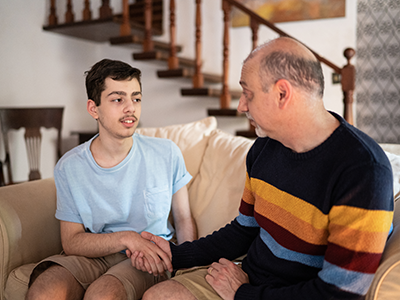 https://riseandshine.childrensnational.org/wp-content/uploads/2022/05/Father-and-son-talking-at-home-feature.png
300
400
Rise and Shine
https://riseandshine.childrensnational.org/wp-content/uploads/2017/11/childrens_riseandshine_logo.jpg
Rise and Shine2026-02-02 01:12:352026-02-02 15:21:38Talking to your child about their autism diagnosis
https://riseandshine.childrensnational.org/wp-content/uploads/2022/05/Father-and-son-talking-at-home-feature.png
300
400
Rise and Shine
https://riseandshine.childrensnational.org/wp-content/uploads/2017/11/childrens_riseandshine_logo.jpg
Rise and Shine2026-02-02 01:12:352026-02-02 15:21:38Talking to your child about their autism diagnosis


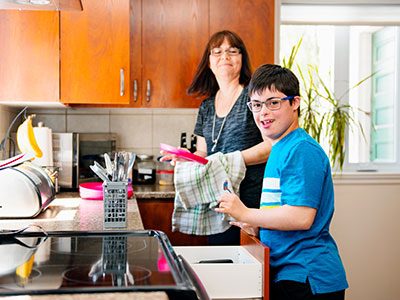
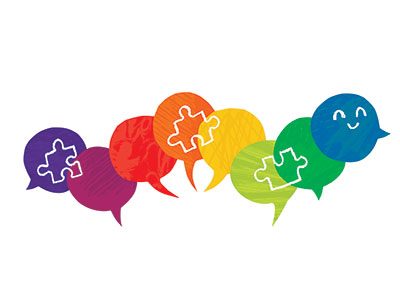
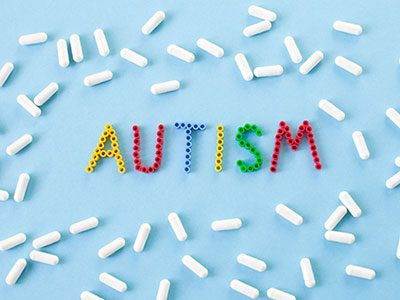

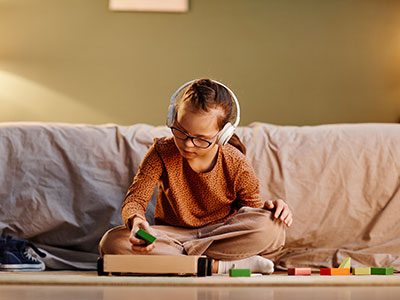







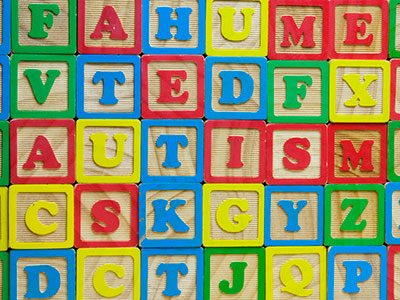



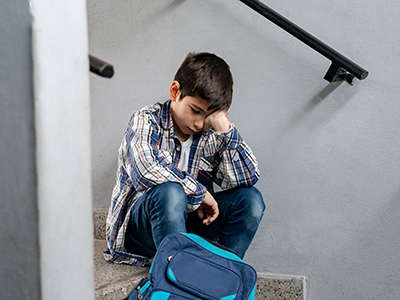

Leave a Comment
Want to join the discussion?Feel free to contribute!